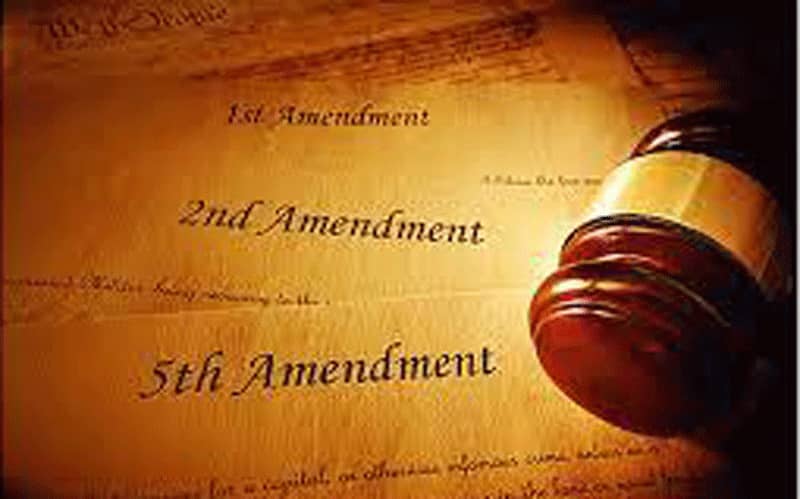Political Correspondent
President Emmerson Mnangagwa is currently unable to sign the Private Voluntary Organisations (PVO) Amendment Bill due to discrepancies between the versions passed by the National Assembly and the Senate.
This situation has raised concerns among legal watchdogs and critics who view the Bill as a means to suppress dissent and control the operations of non-governmental organizations (NGOs).
Key Issues with the Bill,
- Draconian Measures: Critics argue that the PVO Amendment Bill is draconian, aimed at silencing opposition and interfering with civil society. Zanu PF activists have been vocal in their support, pushing for the Bill to punish NGOs they accuse of promoting a regime change agenda.
- Legislative Discrepancies: The Senate passed its version of the Bill on October 17, but significant differences exist between it and the version passed by the National Assembly. According to Veritas, a legal watchdog, both Houses must pass the same Bill for the President to sign it. Since they have passed different versions, there is currently nothing for Mnangagwa to sign.
- Content Differences: The two versions of the Bill differ in critical areas, including governance structures for NGOs. The National Assembly’s version retains the PVO board, while the Senate’s version abolishes it and transfers its functions to the registrar of PVOs. Other discrepancies include provisions for pre-existing NGOs and the ability for certain organizations to operate before registration.
Veritas has indicated that the only course of action for Mnangagwa is to return the Bill to Parliament for reconsideration. This would allow for a consolidated version to be prepared that incorporates all amendments from the National Assembly before being sent back to the Senate for approval.
The PVO Amendment Bill’s current status reflects broader concerns about governance and civil liberties in Zimbabwe. The ongoing debate and legislative challenges highlight the tensions between the government and civil society, as well as the potential implications for democratic practices in the country.
Zim GBC News©2024


